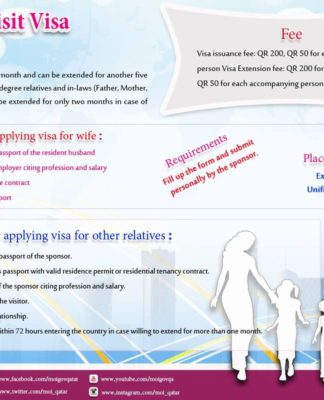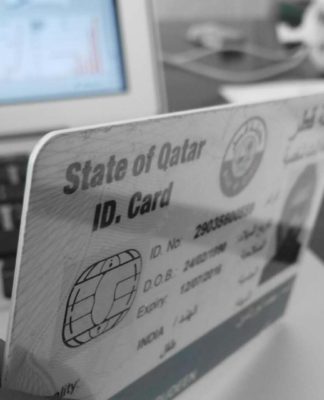WORK
Robots could do 39% of domestic chores within 10 years, AI experts say. But it’s not all good news
AI experts say 39% of domestic work could be automated within a decade, but it comes with social and economic implications.
AI experts say 39% of domestic work could be automated within a decade, but it comes with social and economic implications. – Copyright Canva
By Imane El Atillah • Updated: 24/02/2023 – 17:04
Artificial intelligence (AI) may be coming after your job, but it might at least also be able to do your chores.
According to new research, AI may be able to automate about 39 per cent of domestic work within 10 years.
In the study, researchers asked 65 AI experts from the UK and Japan to predict how much automation could relieve us of the most common housework and care work tasks.
The experts’ predictions varied significantly between tasks, with grocery shopping perceived as the most automatable task (59 per cent), and childcare as the least automatable (21 per cent).
Care work – looking after people, children, or pets – was overall predicted to be more difficult to automate than housework – such as cleaning, dishwashing, cooking, and doing laundry – with an average estimate of 28 per cent for care work, and 44 per cent for housework.
Dyson is working on ‘top secret’ robots that will do your household chores
‘Women will get more free time’
The study authors said previous research on automation had focused on paid work and ignored the many hours spent on domestic chores.
The findings, published in the journal PLOS ONE, suggest that automation could free up a lot of this time – and would especially benefit women, who currently tend to do the lion’s share of unpaid domestic work.
“Women will get more free time. They will get more hours freed up,” study co-author Professor Ekaterina Hertog, an associate professor in AI and society at Oxford University, told Euronews Next.
Thanks to AI, she explained, women might be able to repurpose some of the time spent on housework or childcare to relax or work on developing their careers. The heavy burden of domestic chores, which has long been linked to women having lower salaries and patchier careers than men, would be alleviated.
However, Hertog cautioned that while automation may bring some benefits, it’s not a solution to the underlying societal issue of unequal distribution of domestic work.
There’s also the risk that automation might reduce one inequality but exacerbate another one, she said.
Pay transparency can help close the gender pay gap but at what cost?
In a world where unpaid domestic work currently takes up almost as much time as paid work, automation could have significant social and economic implications.
For instance, these new technologies will most likely be only affordable to wealthy or middle-class households – giving them even more time for paid work and leisure – and might even pose a threat to some low-income professions by reducing demand for domestic workers.
Since experts suggest that the potential benefits are stronger in housework than in adult care, the risk of AI taking over care professions is minimal, the study found.
On the other hand, poorer households unable to afford this technology would be left spending more time on domestic work, further worsening economic and social inequalities.
“If in the end, we decide that this technology is necessary, it should be subsidised, but perhaps not for everyone,” Hertog said.
Subsidising some of these technologies may, for example, enable elderly people to live independently in their homes for longer rather than relocating to assisted living facilities, she explained.
The researchers are therefore calling on policymakers to consider the social and economic implications of unpaid work and carefully evaluate the potential benefits and costs of new technologies to avoid worsening social economic inequalities.
TECHNOLOGY
ARTIFICIAL INTELLIGENCE
GENDER EQUALITY
ROBOT
NEW TECHNOLOGIES
HOUSEHOLD CHORES
Share this article






























